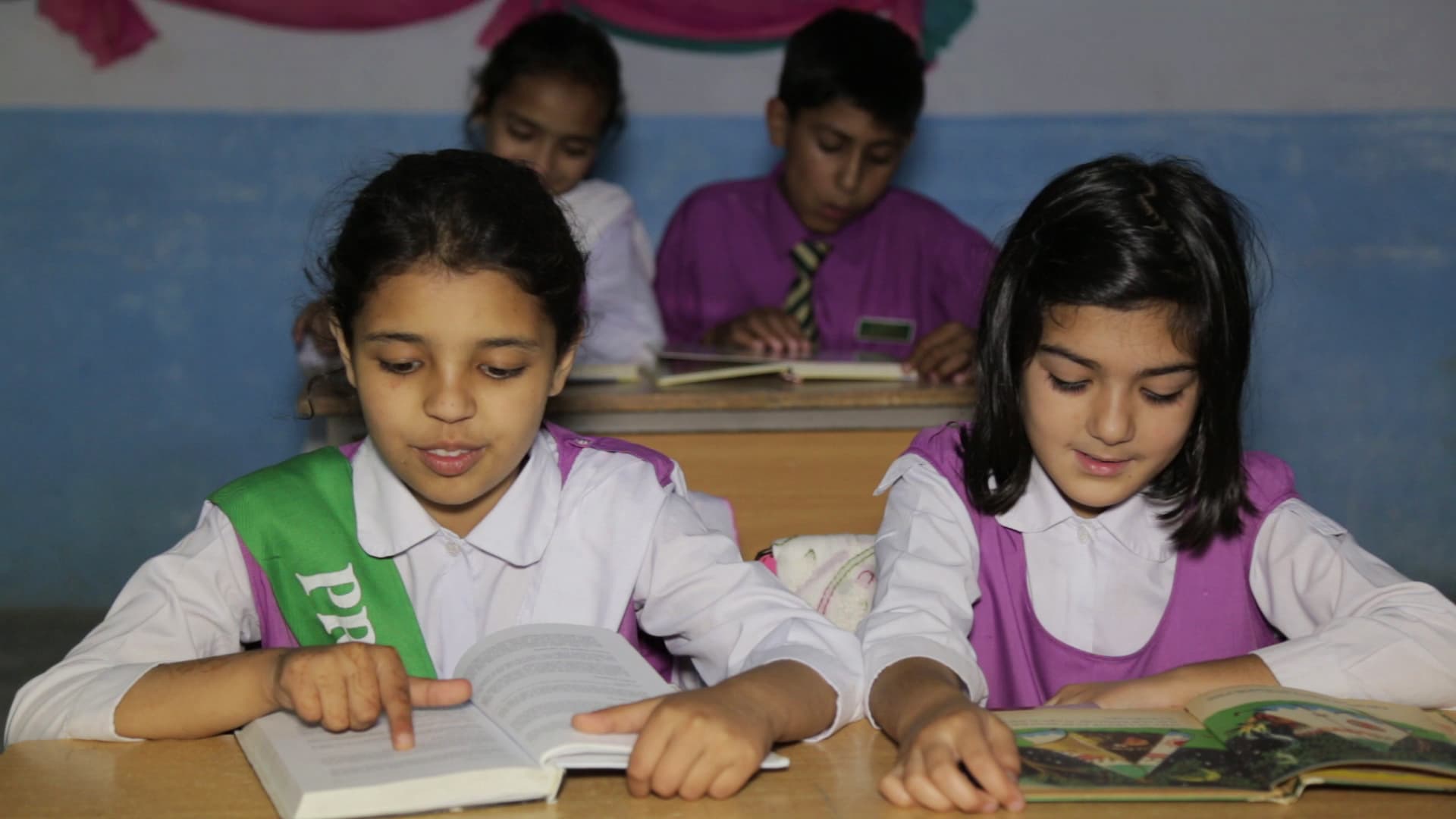Pakistan Youth Change Advocates (PYCA) seeks help from Pakistanis to promote girls' education
Pakistan Youth Change Advocates (PYCA), a local non-profit organization, has been working in communities in various parts of Pakistan, especially Khyber Pakhtunkhwa, to encourage parents to send their housebound girls to school.
PYCA’s work is in line with the government’s policy to encourage and promote quality education across the country.
What efforts has the government so far made to promote education?
State Minister for Education, Shafqat Mahmood announced the Education Policy Framework upon the completion of the first 100 days of the PTI government last year.
The Framework speaks about ensuring free and quality education for every Pakistani child, introducing a uniform system of education across all institutes including madaris, training a greater number of teachers and prioritizing secondary education.
Despite being one of the most holistic education related policy document to have come out of Pakistan in decades, the Education Policy Framework has a glaring oversight: special focus on girls’ access to education.
What’s the situation of girls’ education in Pakistan?
Of the estimated 22.8 million out-of-school children in Pakistan, 53% are girls.
This is why the issue of overcoming the country's education emergency without strategising increase of enrollment and retention rates of girl-children remains problematic.
What's the solution?

According to PYCA, following are some measures that can attempt to reshape the reality of girls' education in the country:
1. A special girls' task force
A general framework is not adequate to address the issue of Pakistan’s out-of-school girls given the fact that the socio-economic and cultural barriers preventing our little girls from realizing their right to education are significantly different from boys.
This demands that a special girls' education task force be formalised to ensure that specific policy and behavior change measures are introduced by the government to encourage parents to send their house-bound girls to school, and, more significantly, keep them there.
2. Every Pakistani child needs a minimum of 12 years of education
The Education Policy Framework speaks about creating new middle schools and again, while this is an important first step, we must realize now, rather than a decade later, that unless our children have access to at least 12 years of free and quality education, their chances of a brighter future and their ability to break free from the cycle of poverty will remain limited.
The ambit of Article 25-A of the constitution that promises free and compulsory education for every Pakistani child between the age of 5 – 16 years should accordingly be enhanced to pledge 12 years of free and quality education for every Pakistani child.
3. All Pakistanis should come forward to support the cause
Pakistan Youth Change Advocates (PYCA) encourages every Pakistani to take a step towards promoting this mission by joining PYCA’s hashtag campaign, #کمسےکم١٢جماعتیں and #Atleast12Grades, on social media.
Here's a glimpse of how the campaign has been pushing out its core message online:
Prime Minister Imran Khan had pledged in his inaugural address to the nation that he and his government would take all possible measures to bring Pakistan’s over 20 million out-of-school children in the educational fold. Thus the Framework, announced by the State Minister for Education, acts as a positive step by the government in this direction.
To learn more about PYCA’s work on girls’ education, head over to their official website. For queries, reach out to them here.
This content is a paid advertisement by PYCA Pakistan and is not associated with or necessarily reflective of the views of DAWN.com or its editorial staff.


